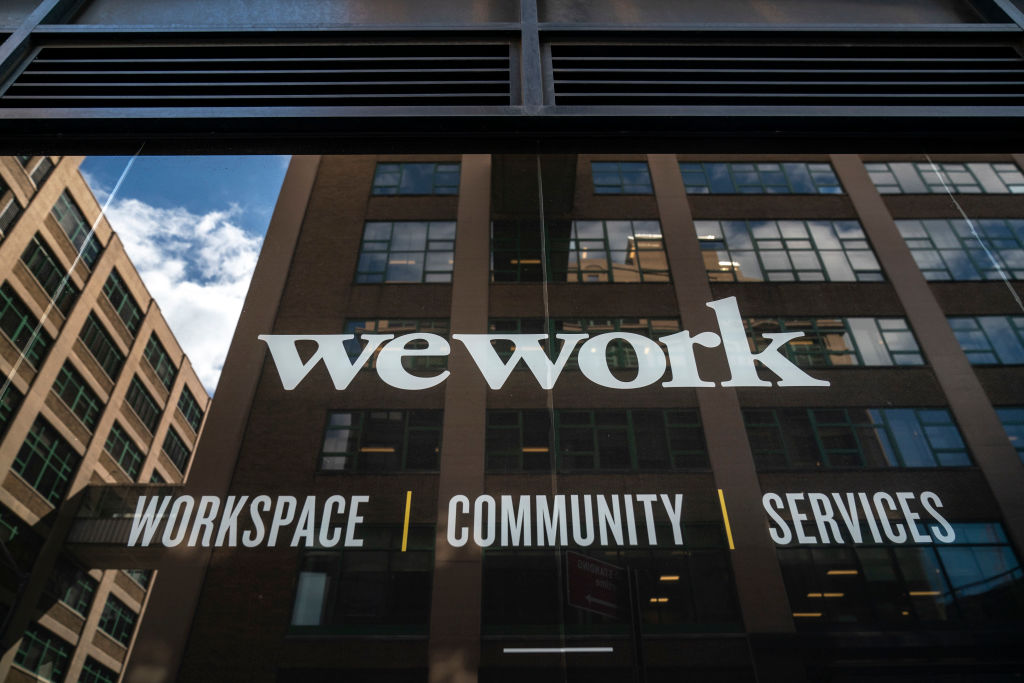When I moved to New York City in 2006 to take a job in digital media, it seemed like you could fit everyone who worked for a startup or online media outlet in the city into a single room. If you worked in ‘technology’, you probably worked for a telecom, Bloomberg LP, or maybe an advertising technology company. New York’s startups in the original tech boom had been notably flimsier than those in the Bay Area, so few had made it through the early 2000s, and then there had been the September 11 terrorist attacks.
For those of us who actually did work for startups (or in proximity to them, as I was a satellite-office journalist covering the industry for a Bay Area-based outlet) we had a distinct inferiority complex in a city that notoriously likes to be second to no one else. Companies here had trouble raising funding and hiring engineers. The industry was several notches lower on the city’s social pecking order than the finance industry, to say the least. When would we have startups that made it to the global stage?
Well, we have that New York now. And perhaps we should have predicted that it’s batshit crazy.
You see, while Silicon Valley is great at producing larger-than-life ideas fueled by a messiah complex, New York is great at producing larger-than-life people. Throw the two together and you get this week’s saga of WeWork, a New York real estate company with slick tech-disruptor branding and a deliberate appeal to startups in its pitch for shared office space. With an IPO impending and then delayed, WeWork’s valuation started spiraling downward and revelations began emerging about the oft-erratic behavior of CEO Adam Neumann. Neumann stepped down this week, under pressure.
There’s a lot about WeWork and Neumann’s leadership that seems very Silicon Valley — the hippie-inspired ‘wellness’ culture, the decision to stop serving meat and the save-the-world complex from which it sprung, the business model that seemed increasingly questionable. But make no mistake; this is a well-mixed cocktail of New York crazy and Silicon Valley crazy, and shows the many ways in which the two have effectively merged (for better or worse). After all, Neumann’s larger-than-life personality doesn’t quite jibe with the culture of the Bay Area, where successful founders and CEOs were more likely to be nerdy cheapskates or semi-recluses with such scandalous traits as he walks around the office barefoot.
And at the very least, they rarely courted attention for their eccentricities with an all-press-is-good-press mentality. Last year, The New York Times’s Farhad Manjoo wrote about how Valley execs now try to downplay their oddball sides in the face of growing scrutiny of the industry and its business practices. As Manjoo pointed out, most successful companies in Silicon Valley — Stripe, Lyft, Slack, and heck, even Facebook — still have pretty boring CEOs. The people who make the headlines are the Elon Musks and Travis Kalanicks, and they’re a minority (and the reason they make the headlines is often due to a scandal-hungry press that stems from, you guessed it, the New York-led media industry). But Neumann really isn’t a tech CEO. He’s running a New York real estate company, and goodness knows a lot of them have been nuts.
Back in the day, when my peers in New York tech and I would talk about what we could bring to the industry that Silicon Valley couldn’t. We mostly talked about the fact that we’d bring a pragmatism to the table because our heads (and valuations) weren’t stuck in the clouds as we wandered the goat-trimmed lawns of our Mountain View corporate campuses in the land of perpetual sunshine (and probably barefoot, too). We’d bring up the fact that as New Yorkers, we had to exist in the real world, taking actual public transit to work rather than cushy Wi-Fi enabled company buses. We’d import their innovation, but we’d add in a dose of reality. We’d upgrade our own legacy industries — and this looks like it may finally be working, with the dust clearing from the battles of the ill-informed ‘pivot to video‘ as media publishers struggled to digitize. This week’s announcement that Vox Media, a company less than a decade old, was acquiring the storied New York magazine actually seems to be considered a pretty good move.
But for the most part, when Silicon Valley’s influence made its way to New York, we absorbed their crazy and we added our own spin on it. And Tom Wolfe, alas, passed away before he could set this Sharknado of a perfect storm into his literary crosshairs.



















